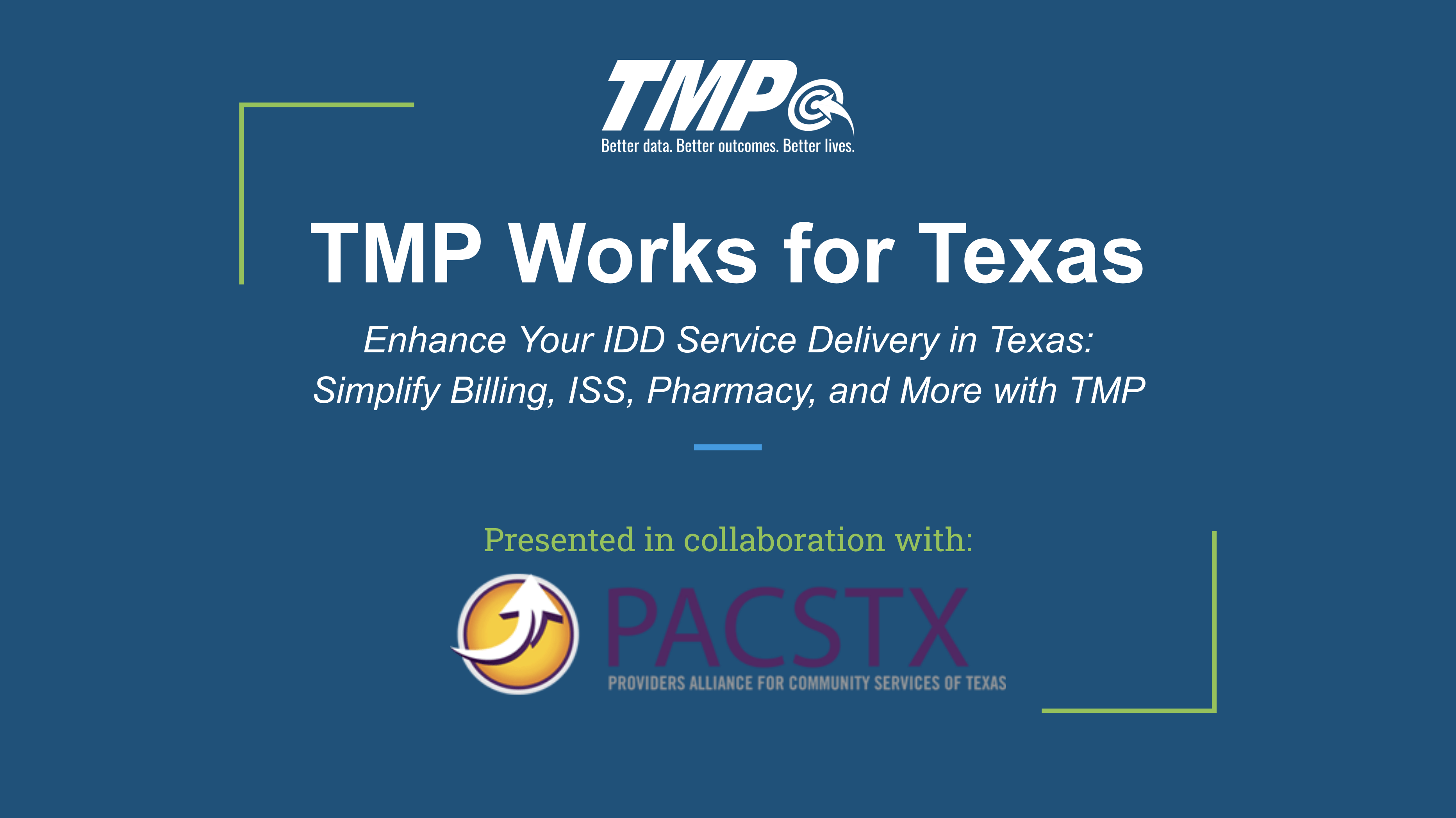
The Evolution of Intellectual and Developmental Disability Services Policies in Pennsylvania
The landscape of services for individuals with intellectual and developmental disabilities (IDD) has undergone significant transformations over the years. In Pennsylvania, these changes reflect a broader shift towards more inclusive, person-centered care models. This evolution mirrors societal progress and the tireless advocacy of individuals, families, and organizations dedicated to improving the quality of life for people with IDD. Read along as we explore key milestones in the development of IDD policy in Pennsylvania.
The Early Days: Institutionalization to Community-Based Services
Historically, the approach to IDD involved institutionalization, where individuals were placed in large, isolated facilities. These institutions were often overcrowded and under-resourced, providing minimal personal attention or care tailored to individual needs. Pennsylvania, like many other states, relied heavily on this model throughout the early and mid-20th century.
The shift away from institutionalization in Pennsylvania began in earnest in the 1970s, influenced by the civil rights movement and growing advocacy from the disability community. The Pennhurst State School and Hospital case of 1977 marked a significant turning point. This landmark lawsuit led to the closure of a notoriously overcrowded and abusive institution and set a precedent for subsequent reforms. It underscored the need for a system that respected the dignity and rights of individuals with IDD.
Legislative Milestones and Advocacy
Following the Pennhurst case, Pennsylvania embarked on a journey to reform its IDD services. The introduction of the Mental Health and Intellectual Disability Act of 1966 had already set the stage by allocating more funds to community services, but real change began with shifting public and political attitudes towards support and inclusion.
In the 1980s and 1990s, Pennsylvania developed regulations that emphasized community-based living arrangements, supported employment, and educational opportunities. This period also saw the rise of Individual Service Plans (ISPs), which are tailored to the specific needs, preferences, and goals of each person with IDD, reinforcing the shift towards person-centered care.
The Americans with Disabilities Act (ADA) of 1990 further propelled IDD policy in Pennsylvania to enhance accessibility and anti-discrimination protections for individuals with disabilities. This federal legislation complemented state efforts to improve the quality of life for people with IDD by ensuring greater community integration.
Modern Advances: Technology and Integration
In recent years, Pennsylvania has focused on integrating technology into IDD services, recognizing its potential to enhance independence and quality of care. Innovations such as telemedicine, mobile health applications, and assistive technologies have become integral in delivering services, particularly in remote or underserved areas.
TMP stands at the forefront of these technological advances, providing IDD practice management software that helps providers streamline services and deliver better, more efficient care. Our platform ensures that care providers can easily manage administrative tasks, comply with regulatory requirements, and most importantly, spend more time on direct care and interaction with individuals.
The Role of Policy in Shaping Future Services
The evolution of IDD policy in Pennsylvania continues as policymakers, advocates, and providers work to address ongoing challenges and opportunities. Current discussions focus on improving funding mechanisms, enhancing training for providers, and expanding access to comprehensive, coordinated care.
One significant area of focus is the transition of services to more integrated, community-based settings. This involves not just physical health care, but also mental health services, social activities, and employment opportunities, ensuring a holistic approach to supporting individuals with IDD in living fulfilling lives.
Conclusion
The journey IDD Policy in Pennsylvania from institutional care to modern, integrated community services reflects a broader commitment to respect, dignity, and inclusion. As we look to the future, continued advocacy, policy refinement, and technological integration will be crucial in meeting the evolving needs of the IDD community. At TMP, we are committed to supporting this evolution with innovative solutions that empower providers and enrich the lives of individuals with IDD.
This ongoing transformation in IDD services is not just about policy changes or technological advancements; it’s about enhancing the human experience and ensuring that all individuals have the opportunity to live rich, rewarding lives in their communities. As we move forward, it is essential to continue fostering environments that embrace diversity, equity, and inclusion, making Pennsylvania a model for IDD services nationwide.



